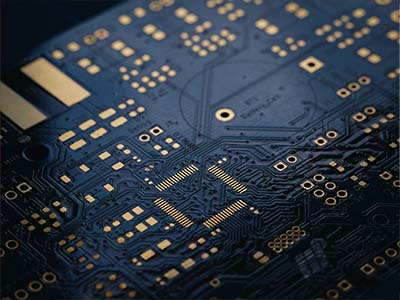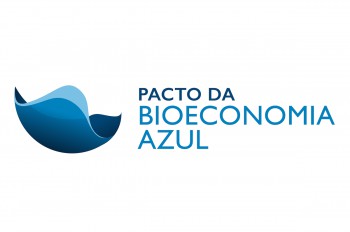Description
Optical methods have been widely used for stimulation and functional imaging of neural circuits, namely, optogenetics which is a powerful tool for selective excitation or inhibition of specific cell types using light of different wavelengths desirable to stimulate or inhibit a subset of neurons that express the same light-sensitive proteins. These analyses permit the isolation of details of neural circuit functions at different stages, allowing the understanding, at a fundamental level, of the underlying phenomenon behind the activity of the neurons and towards the development of spike-based machine intelligence with neuromorphic computing. However, optical stimulation and imaging of neurons deep in the brain require implantable optical neural probes for simultaneous stimulation and recording of neural circuits. These neural probe platforms, monolithically integrating the optical signal sources, such as LEDs, and the recording electrodes on a flexible polymer substrate have been already shown. However, these solutions have a disadvantage related to the heat dissipation occurring at the electrical circuit level, which must be carefully controlled to avoid brain damage. This requires delivering patterns of light into brain tissue with high spatial resolution, using biocompatible waveguides, that will displace the light source from the vicinity of the brain, yet the conventional methods based on external optics for light delivery are limited to superficial layers of the tissue because of absorption and scattering. We propose to develop flexible neural probes integrated with monolithic sensors to study brain activity, at the level of neurons. The neural probes comprise alginate-based, in-situ forming hydrogel for brain light delivery, designed to promote the long-term chronic neural recording. We trust that PHEASANT will create knowledge and produce high-impact publications and contribute to the advanced training of students. Moreover, this project will be able to optimize procedures and devices, without losing track of relevant issues, creating economical value with useful products that might be exploited. PHEASANT will focus on applied research with a very strong background in fundamental science, using ground-breaking concepts and methodologies, which can create long-term value and impact.
Coordinator
Coordination
Universidade de Aveiro (UA)
Partners
Instituto de Telecomunicações
Groups
G2 - Photonic, Electronic and Magnetic Materials;
G5 - Biomimetic, Biological and Living Materials;
Sponsors









